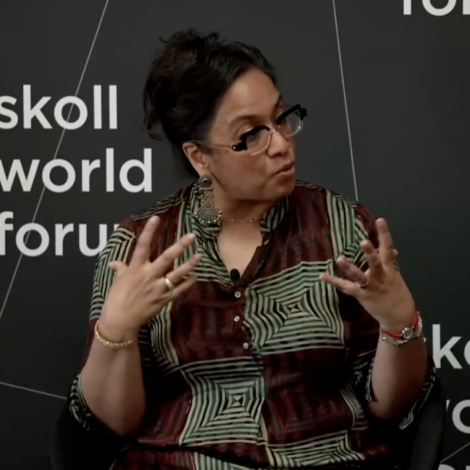Suggested Articles

Eleven Technologies that Advance Multiple Sustainable Development Goals
General
Modular pay-as-you-go solar home electricity systems, a solar silk reeler, an air quality monitoring hub and seven other technologies that support sustainable development were invited for display at...
